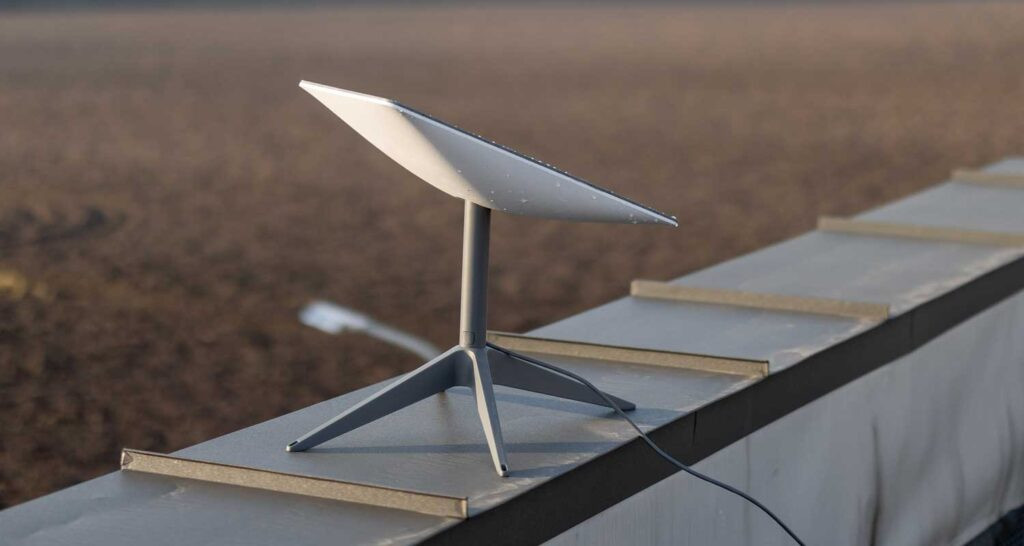
EYEBROWS have been raised after the Postal and Telecommunications Regulatory Authority (Potraz) stopped local internet service providers (ISPs) from advertising Starlink kits in an apparent move to shield from competition, the state-owned Tel-One.
Tel-One, which along with another company linked to cabinet ministers are the only ones granted the license to advertise.
The development has delayed the shipment of the Starlink kits into the country as they are stuck at customs because they have not yet been cleared by Potraz.
The Standard understands that despite having already been licensed to operate nationally in terms of the Postal and Telecommunications Act, Chapter [12:05], local ISPs have now been told to re-apply to Potraz for clearance to operate as Starlink kit agents.
So far, six local companies have been recognised by Starlink as kit resellers.
These are TelOne, Aura, Dandemutande, Frampol, Zodsat and Namibian-based Paratus, which has an office in Zimbabwe.
Potraz has, however, given the green light only to TelOne and Aura, raising eyebrows.
According to sources, Aura, which has no track record in supplying internet services in the country, is linked to some cabinet ministers.
- Potraz licences new mobile operator
- Econet raises tariffs to counter rising costs
- Inadequate foreign currency allocations hampering network expansion: Potraz
- Potraz rolls out e-health scheme in rural areas
Keep Reading
The company is said to have ordered over 6 000 Starlink kits, which are targeted to be sold to government departments through tenders.
This has raised questions over the government's apparent move to meddle in the sale of Starlink kits in Zimbabwe.
TelOne, a state parastatal, last week announced that it had been officially authorised as a Starlink reseller.
According to two separate letters addressed to some ISPs gleaned by The Standard, Potraz Director-General Gift Machengete cautioned ISPs against advertising Starlink services or risk arrest.
“Kindly be advised that the application is receiving due consideration,” the letter reads in part.
“As we process your application, we wish to remind you not to advertise Starlink services as such services are not yet under your purview.
Machengete warned that “the sale or distribution of Starlink user terminals without appropriate licensing and clearance is, therefore, an offense punishable by law.”
ICT minister Tatenda Mavetera yesterday defended the Potraz decision to ban other ISPs from reselling Starlink kits.
“Potraz has no control with being a dealer with Starlink, but it only authorises, clears and approves local ISPs in the country,” she said.
“As of yesterday (Friday) only two companies had managed to be cleared by Potraz and that is Aura and TelOne.”
Efforts to get a comment from Machengete were fruitless as his phone was not reachable.
Starlink went live in the country early this month, raising hopes for improved connectivity as the nation is grappling with inconsistent internet access, particularly in rural areas where internet infrastructure has been lacking.
Starlink, which is led by American multi-billionaire Elon Musk, is a satellite internet constellation developed by SpaceX to provide high-speed internet to underserved areas globally.
The satellite internet network provides low cost, high speed internet access to remote locations around the world.
It uses a router to connect to a network of over 6 250 low-earth orbit satellites and the low capital outlay underpins its relatively low cost.
It's entrance into Zimbabwe marked the 16th activation on the African continent.










